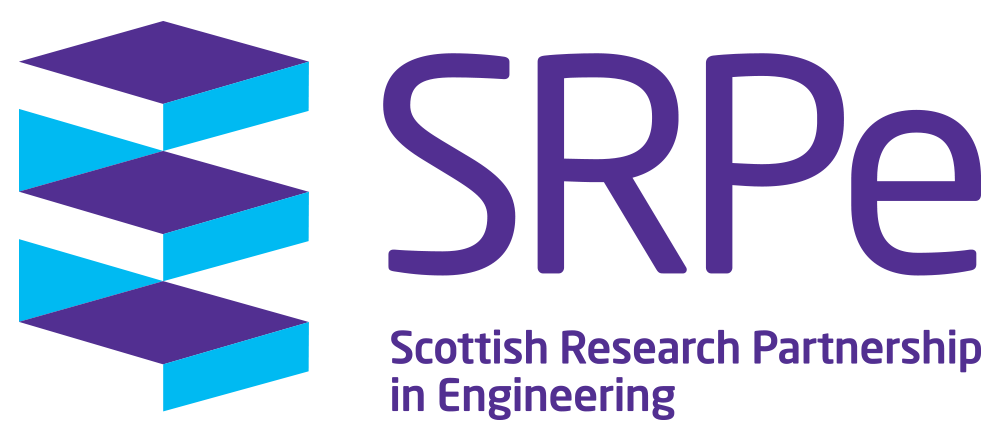Sustainable Chemical Consolidants as an Alternative to Portland Cement Grouting: Experiments and Numerical Models
PECRE Award Holder: Dr Matteo Ciantia, University of Dundee
Exchange Hosts: Politecnico di Milano, Universita degli studi Milano Bicocca, BASF Construction Chemicals Italia SpA, Italy
Jet grouting is a ground improvement technique largely used in Civil Engineering for different applications including tunneling, retaining structures and foundations. A suspension of Portland cement is injected into the soil through small diameter boreholes to treat controlled volumes of ground. For instance, for the recently completed Shieldhall Tunnel in Glasgow approximately 10,000 tons of cement were injected into the ground.
One of the limitations of this technique is related to obtaining good predictions of the geometry of the final grouted body. Moreover, considering that per tonne of finished Portland cement approximately one tone of co2 is produced, the use of more sustainable consolidants may be beneficial and would have huge impact on geotechnical engineering practice in the UK and worldwide. This will also contribute to national and international climate change and co2 reduction targets.
From an engineering perspective the design parameters of jet-grout columns is the final geometry and strength of the reinforced soil. To date, this is predominantly derived from empirical over conservative approaches. The objectives of this project are:
Lab grouting tests using eco-friendly resins to identify the most efficient alternative to Portland cement.
Micromechanical numerical modelling of the injection problem using the Discrete Element Method (DEM) to understand and interpret the mechanisms controlling the final extent and coverage of the reinforced region.
According to the rheological characteristics of the eco-compatible consolidants, a prototype of an Injection Tube System (ITS) will be designed, built and tested. The experiments will be simulated numerically from a micromechanical perspective by considering the local fluid-soil interaction via the DEM. Parametric analyses considering various injection pressures and soil densities will be performed highlighting the geometry of the final grouted body, stress increase and porosity distributions. The numerical results will be used to critically address the limitation of current design specifications.
